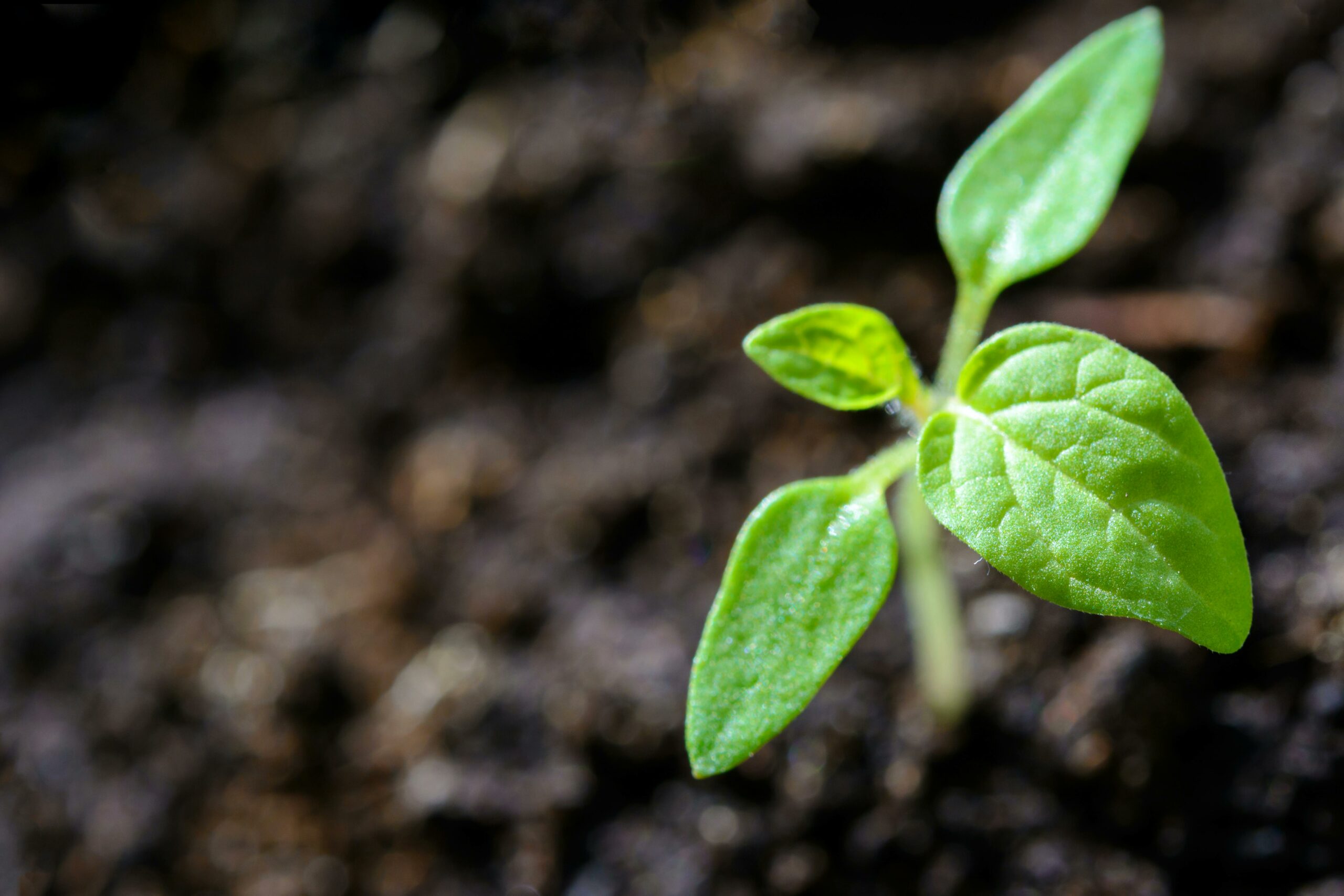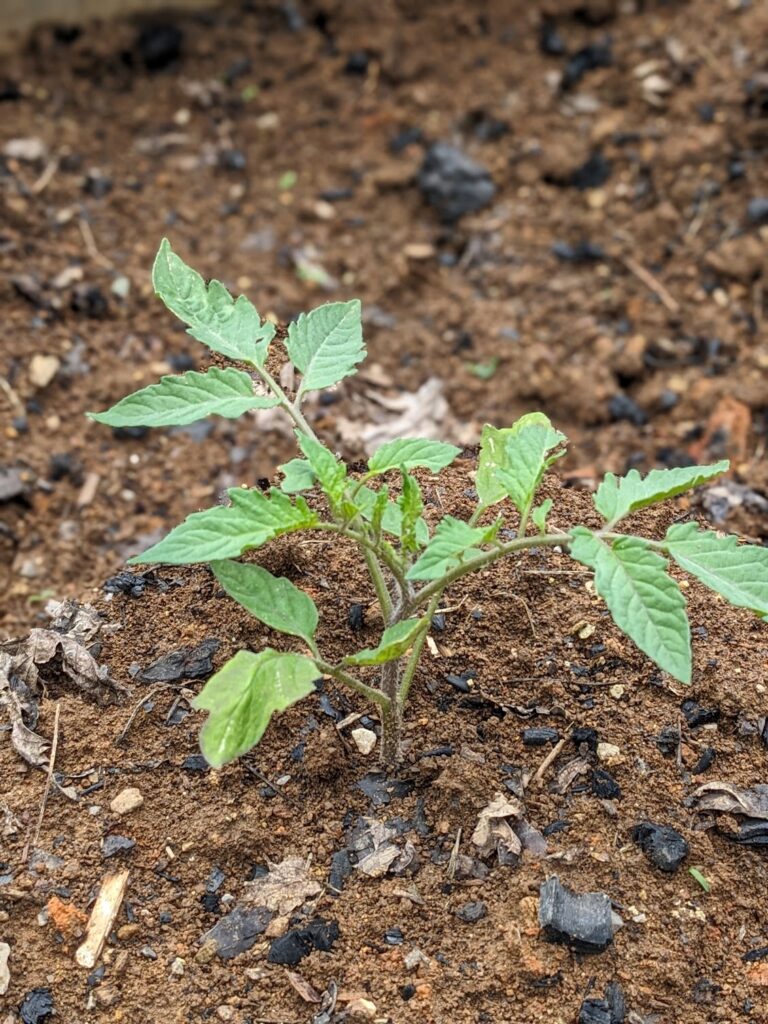 It’s spring in East Tennessee, or as I’ve come to fondly refer to it, it’s the time of sacrificial planting. Each year, I have an innate urge to try my hand at growing things. As I drive through my neighborhood, I’m envious of the lush, green gardens all around me. “I can be one of those people,” comes the thought deep within. “I should be starting a garden or growing flowers or maybe this year, I should plant a tree.”
It’s spring in East Tennessee, or as I’ve come to fondly refer to it, it’s the time of sacrificial planting. Each year, I have an innate urge to try my hand at growing things. As I drive through my neighborhood, I’m envious of the lush, green gardens all around me. “I can be one of those people,” comes the thought deep within. “I should be starting a garden or growing flowers or maybe this year, I should plant a tree.”
As it turns out, while I have a really great track record at keeping kids alive, it is a very different story with plants. Within that realm, I tend towards a natural aptitude for killing things. Though, to my credit this year, I’ve only sped up the death of some onions, a group of marigolds, a tomatillo, and a green pepper plant. (I’m not counting the Anaheim peppers or carrots that never even sprouted.)
With that history, you might wonder why I keep trying. What’s the point of growing things if, at least half (closer to two-thirds last year), are just going to die? I’ve come to realize that gardening, like most other things in life, is a learning process.
If you want to be a good basketball player, you practice shooting and ball handling skills. You spend hours each week running drills and scrimmages. To be a good artist, you take classes that will teach new techniques. Musicians play their instruments. Doctors study. In each of these, we allow for practice and a learning process. We don’t expect people to have it right the first time. Yet, with gardening, we refer to people as having either a green thumb or a black thumb. Too often, we fail to recognize the process of learning and growth that comes along with gardening. It, too, takes practice.
Killing plants is a part of the process.
Riddle: “What’s the difference between the master gardener and the rookie gardener?” Answer: “The master gardener has killed way more plants.”
I had so much success with my first garden last year. My two tomato plants gave me more than one hundred cherry tomatoes. I had cucumbers, zucchini, sugar snap peas, black beans, and even a few potatoes. But the number that really surprises people is when I tell them that I killed at least twice as much as I grew. Those two tomato plants started out as fourteen. Any guesses what happened to the other twelve? I also tried to grow onions, carrots, lettuce, spinach and green beans. With good reason, they’re not on my list of successes.
In gardening, I’ve learned just as much from killing plants as I have from keeping others alive. I’m learning to embrace it as part of the process, not my defining trait. 
Don’t worry about a timetable.
Remember how comparison is the thief of joy? It happens with gardening too. We often think that because our neighbor is picking lettuce in May and we’re not, we must be behind. A zucchini that ripens in September will taste just as good as one that ripens in June. There is no timetable to success with your garden.
There’s something magical about seeing a sprout first peek its head out of the dirt. Watching a seed turn to a plant and then produce food is a stunning process. That’s what entrances us black thumb gardeners.


















